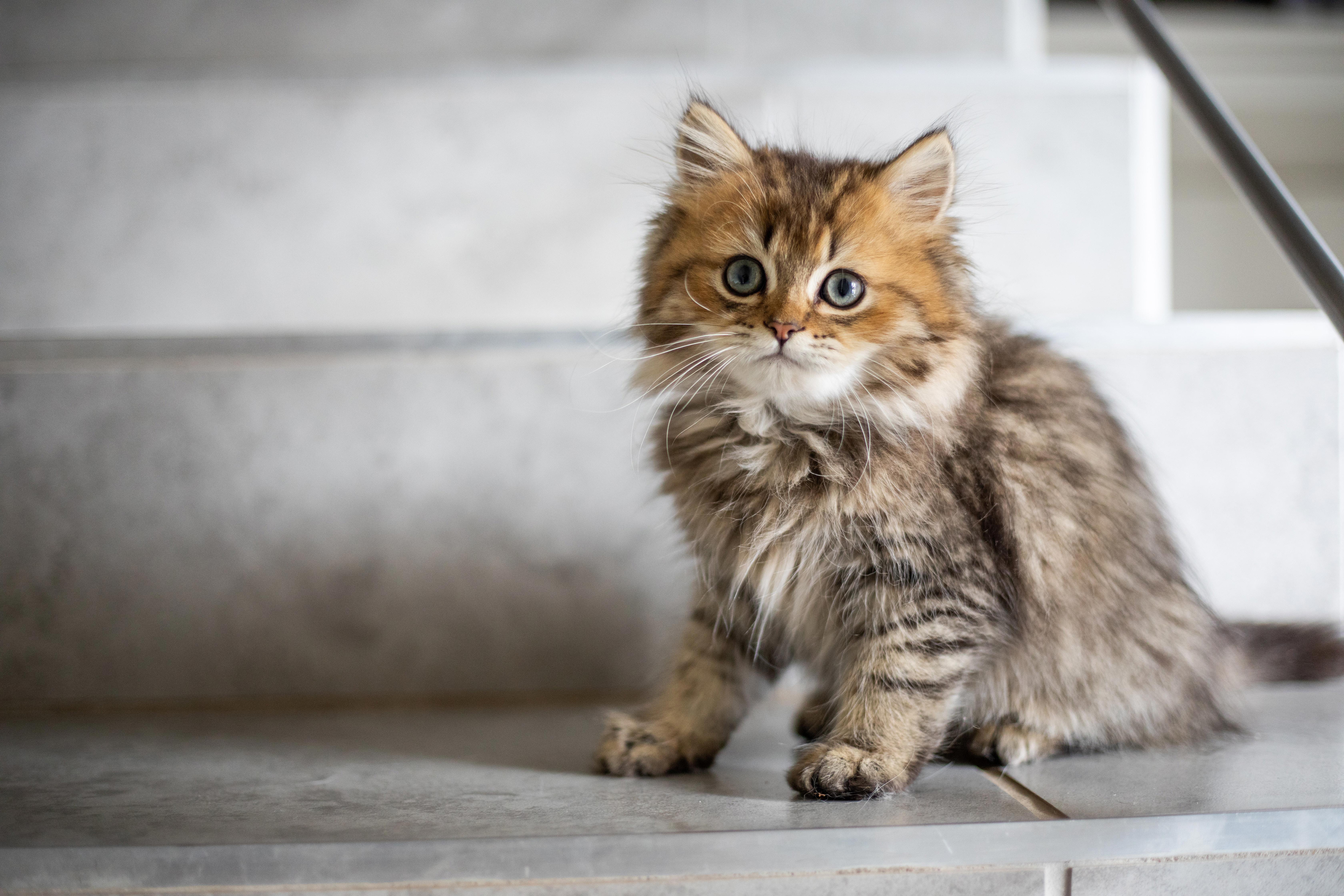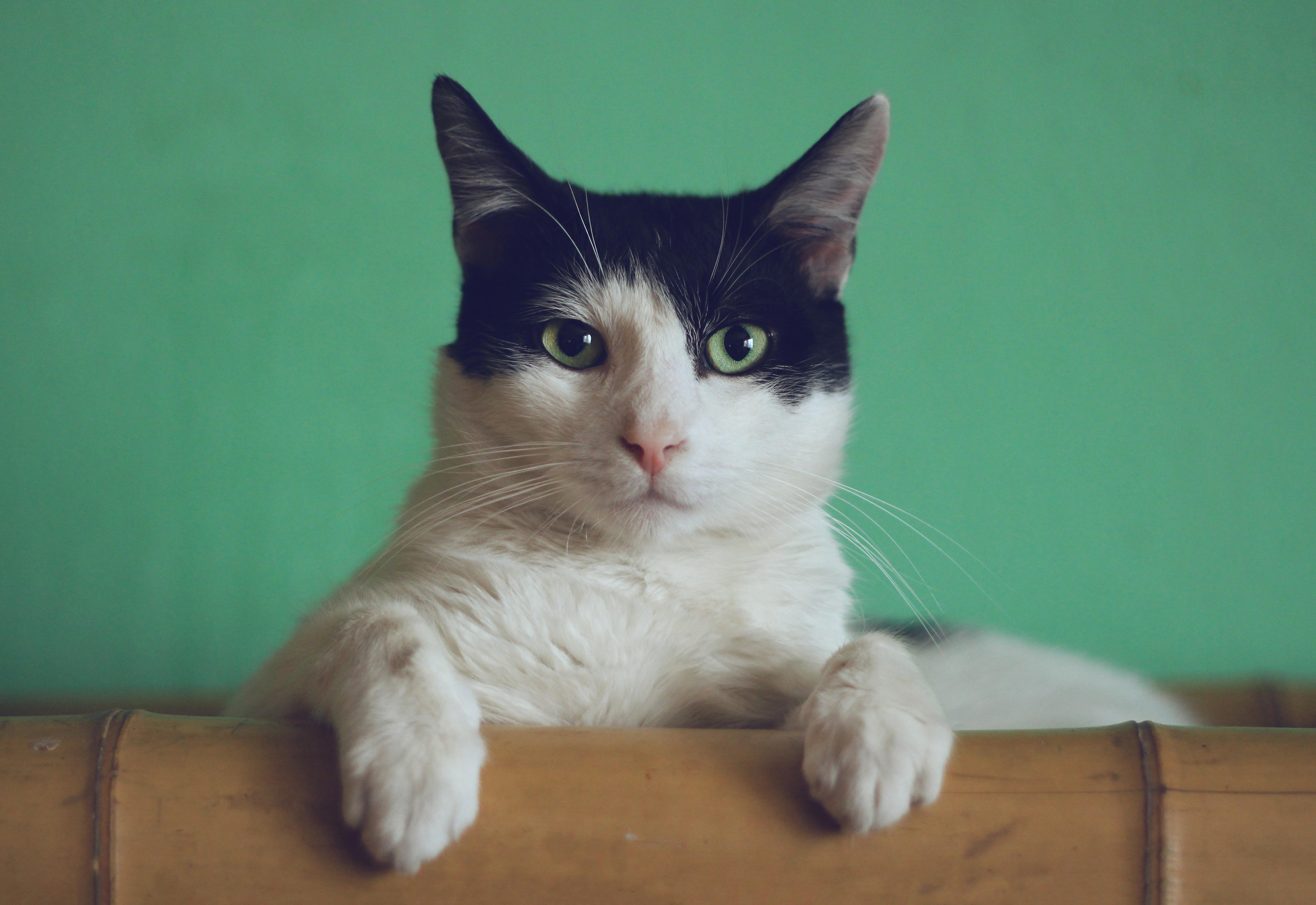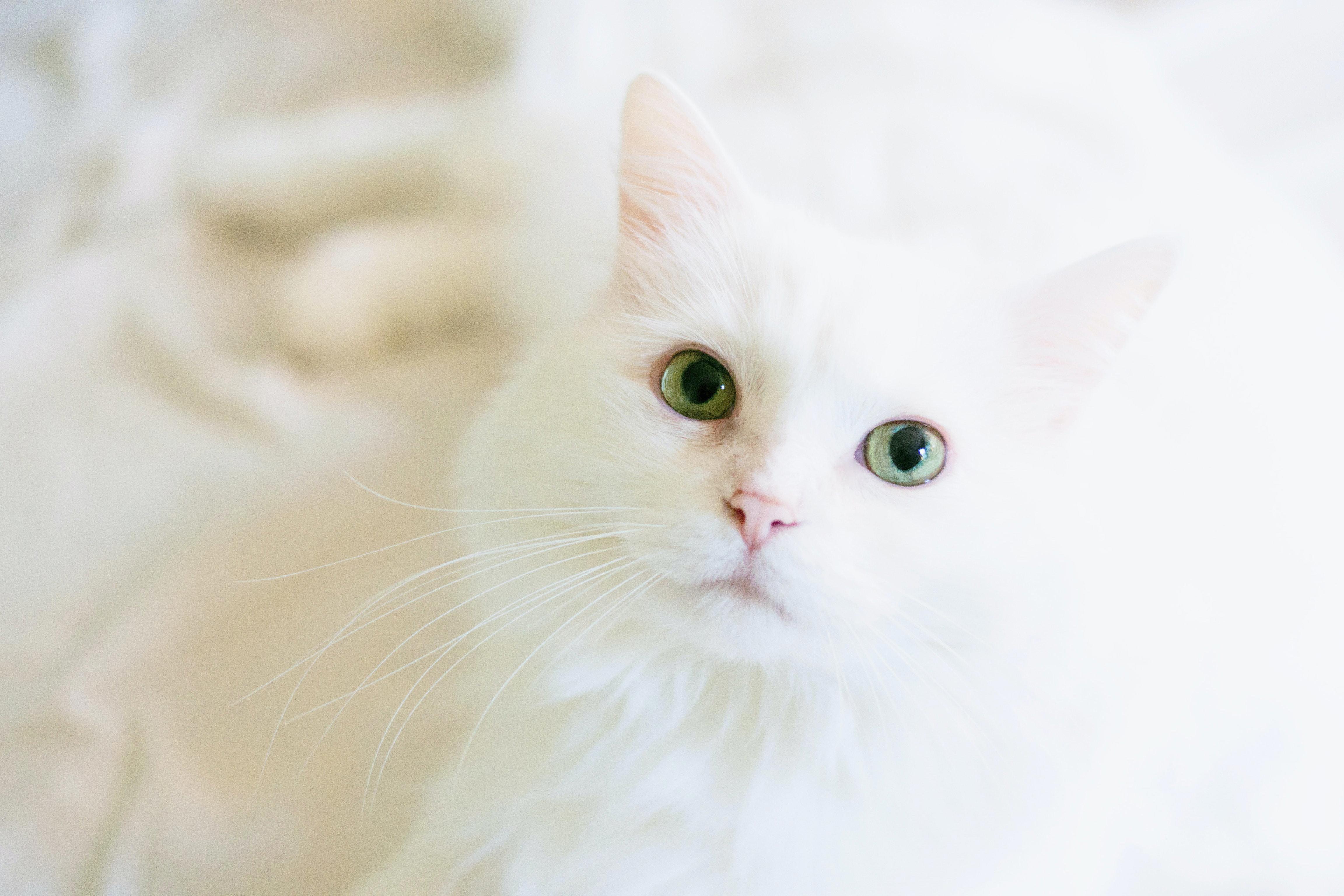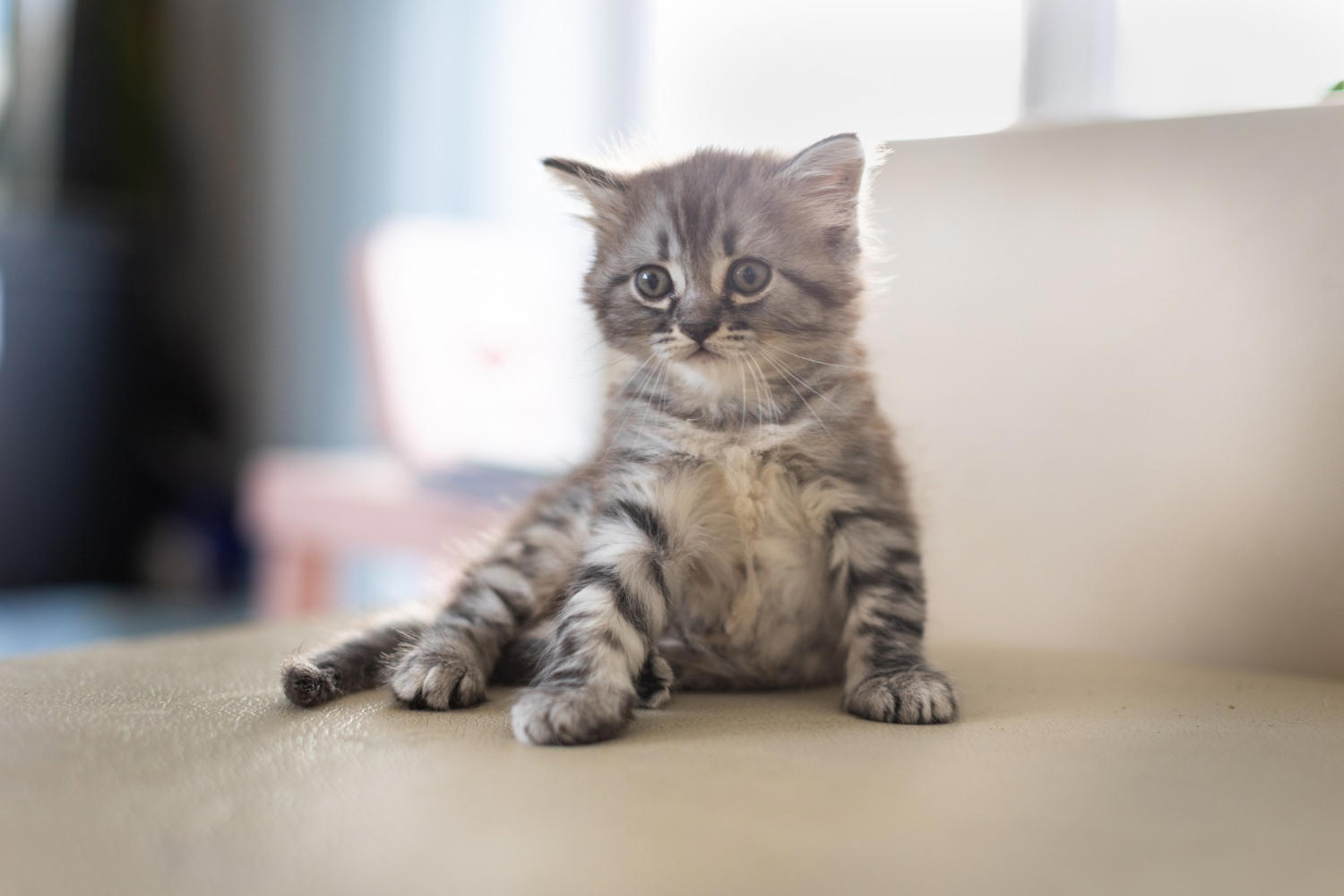Cats are very independent creatures and as such, it can be difficult to tell if something is wrong with them. One of the most common health issues in cats is dehydration, but it can be easy to miss the signs. In this blog post, we’ll discuss the signs to look out for to detect dehydration in your cat, as well as how to treat it. By knowing the signs and how to treat dehydration, you can make sure your cat stays healthy and happy.
If you’ve ever had a pet cat, you know how important it is to provide them with ample amounts of water. Cats need to stay adequately hydrated in order to stay healthy, so it’s important to know the signs of dehydration in your cat. Dehydration can be a serious condition in cats that, if left untreated, can lead to long-term health problems.
One of the most obvious signs of dehydration in cats is that they simply don’t have enough water in their system. This can be determined by looking at their coat. If your cat’s skin appears to be dry and lacking the usual luster, then it’s a sign that your cat is dehydrated. You can also gently pinch their skin and watch to see if it takes a while for the skin to snap back into place; if it does, then your cat is most likely dehydrated.
Another sign to look out for is if your cat is drinking a lot more than usual. Cats will naturally drink more if they are thirsty, and if they are not drinking enough, they can become dehydrated. So if you notice your cat drinking more than usual, it could be a sign that they are dehydrated.
Your cat may also be more lethargic than usual. Cats that are dehydrated can be listless, and may not have the energy to play or move around as much as they normally do. If your cat appears to be sluggish or lacks their usual enthusiasm, it’s a sign that they may be dehydrated.

Other signs of dehydration in cats include loss of appetite, dry mouth, and sunken eyes. If you notice any of these signs in your cat, it’s a good idea to take them to the vet right away.
The best way to prevent dehydration in cats is to make sure they always have access to fresh and clean water. This means changing their water bowl every day, and making sure they always have access to a full bowl of water. You should also make sure that the water bowl is not in an area where it can get too hot or too cold, as this can also lead to dehydration.
Finally, make sure that your cat is getting enough high-quality food. Poor nutrition can lead to dehydration in cats, so make sure that your cat is eating a balanced diet with plenty of moisture.
If you notice any of the signs of dehydration in your cat, it’s important to take them to the vet as soon as possible. Dehydration can be a serious condition in cats, and if left untreated it can lead to long-term health problems. However, if you take the necessary steps to prevent dehydration and make sure your cat has access to fresh and clean water, you can help keep them healthy and hydrated for years to come.
In conclusion, dehydration is a serious condition that can have lasting effects on your cat’s health. It is important to be aware of the signs and take action if any of them occur. Always make sure your cat has access to fresh, clean water, and monitor their drinking habits. If you suspect your cat is dehydrated, contact a veterinarian immediately. With proper care, your kitty can make a full recovery and continue to live a happy and healthy life.
Please follow us on Social Media






